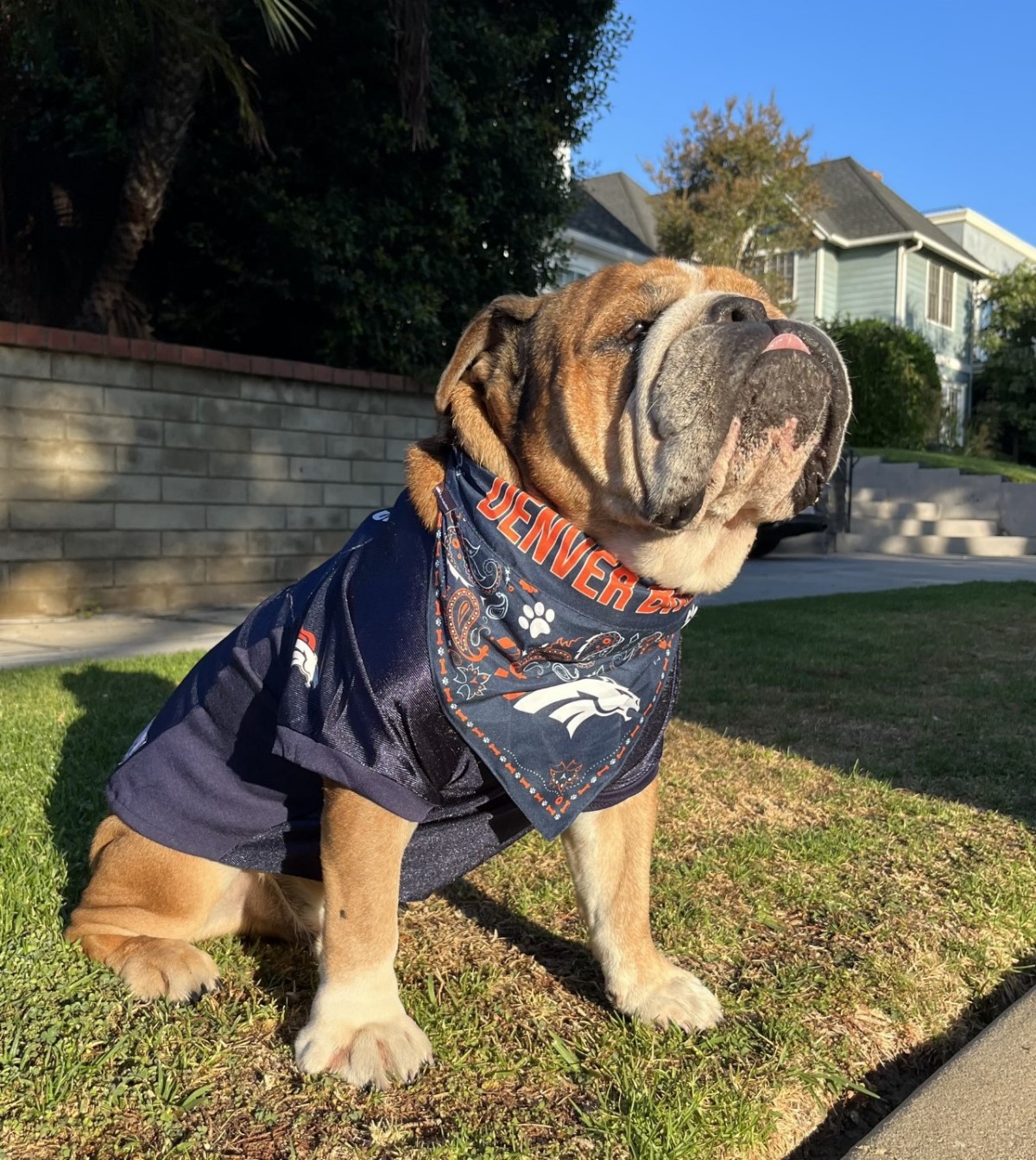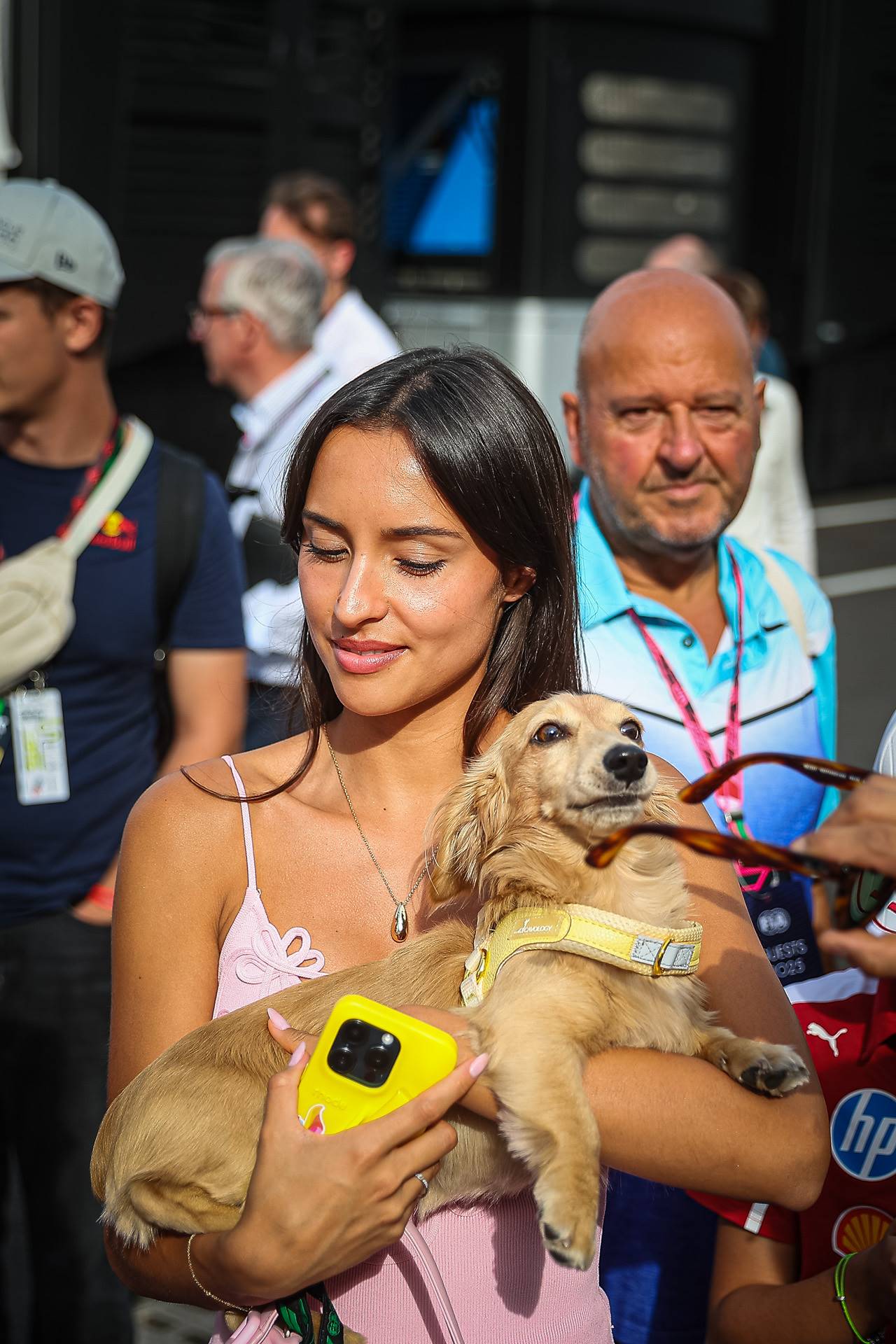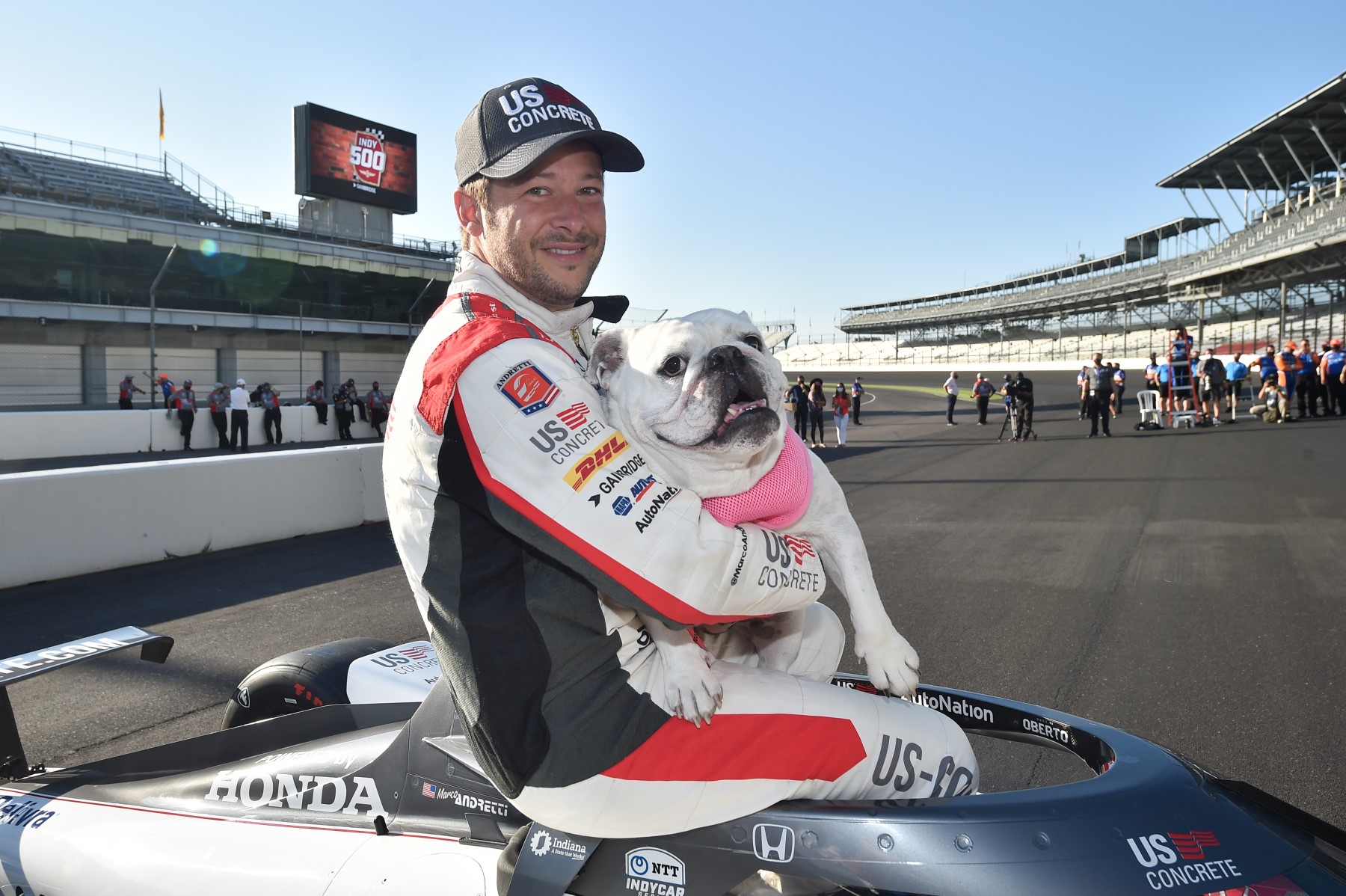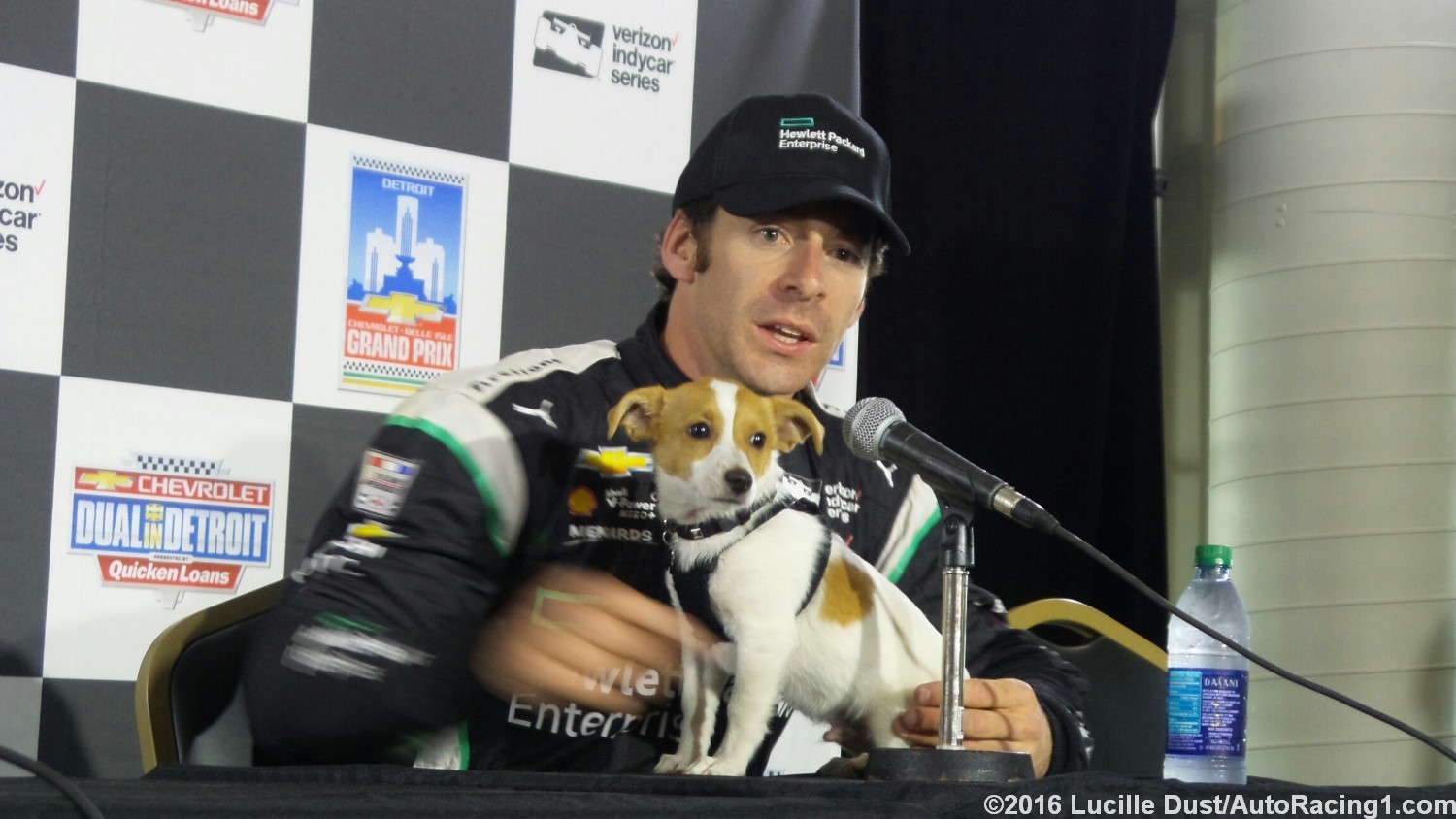The Importance of Pets in a Race Car Driver’s Career
The career of a race car driver is so heavily based on chasing microseconds and minute fractions of improvement for success the focus on precision and discipline is intense. (Former IndyCar driver Simon Pagenaud and his dog Norman pictured)
But it’s not just what happens on the track that’s important, but also what happens in the day-to-day at home. The daily routine of a successful racer must also be taken as seriously as on the track, to prepare them not just physically but also emotionally and mentally for the challenges.
For many racers, that includes quality time with their furry friends. Dogs, cats, and other pet companions don’t just offer comfort and stability; they also bring with them a level of emotional balance that can translate right across to performance when it’s race day.

Discipline Away From the Track
The thing is, being successful in professional racing requires so much more than just natural talent. Drivers spend many years refining both their physical and mental abilities. They follow very strict training schedules, keep up peak physical fitness, and also work closely with engineers and other professionals to really understand the mechanics of their cars. These routines are very important and, interestingly enough, owning pets can play an important part in helping drivers to establish routines and to stick with them.
A morning walk with a dog or caring for a pet’s daily needs gives structure and responsibility outside the high-pressure world of racing. Just as importantly, drivers need to know that life at home is calm and secure. A trusted partner or a pet who is safe while the driver is away, sometimes with the help of a gps dog collar for extra reassurance, provides that needed stability. With peace of mind off the track, racers can then push even harder on the asphalt. It makes taking calculated risks much easier.

Psychological Support from Pets
Mental health is a big area where pets provide great support. Stress comes automatically with professional racing, including all of the pre-race tension and looking closely into performance analytics afterwards. Research shows us over and over that interacting with animals can lower cortisol levels and reduce feelings of anxiety. For drivers who spend so much of their day in quite high-adrenaline situations, time with a pet can be really grounding, offering a safe and consistent space for them mentally.
Building Focus Through Routine
Professional drivers highlight the importance of routines. They focus on diet plans, strict sleep schedules, meditation techniques, and work on their reaction time because all of these things are factors that contribute to their overall professional performance. Although taking care of pets seems like a simple idea, it’s the discipline that’s required that can really help to establish good routines. Feeding a pet, making sure to schedule regular walks, and taking care of their upkeep create small but very consistent daily tasks. This encourages mindfulness and patience, which are important in racing.
Lessons From the Paddock
The connection between professional racers and their pets extends into broader lifestyle habits. Drivers who manage a stable home environment often report better sleep, reduced burnout, and greater mental resilience. Pets require attention, patience, and observation, skills that translate to monitoring a vehicle’s performance and being able to anticipate track conditions. Caring for an animal improves the same skills that being a successful racer requires.
- Routine care for pets can create a predictable rhythm that counterbalances the unpredictability of racing
- Daily interactions with animals reinforce focus, patience, and calmness
- Emotional support from pets helps drivers recover from stress and maintain mental clarity
Companionship That Supports Performance
Pets are more than just companions for racers. They are anchors that help to manage stress, create routine, and encourage a calm mindset. In a sport that is defined by speed and precision, small, everyday interactions provide balance. Simple routines outside the track, like caring for a pet, allow these athletes to perform consistently at their best.

